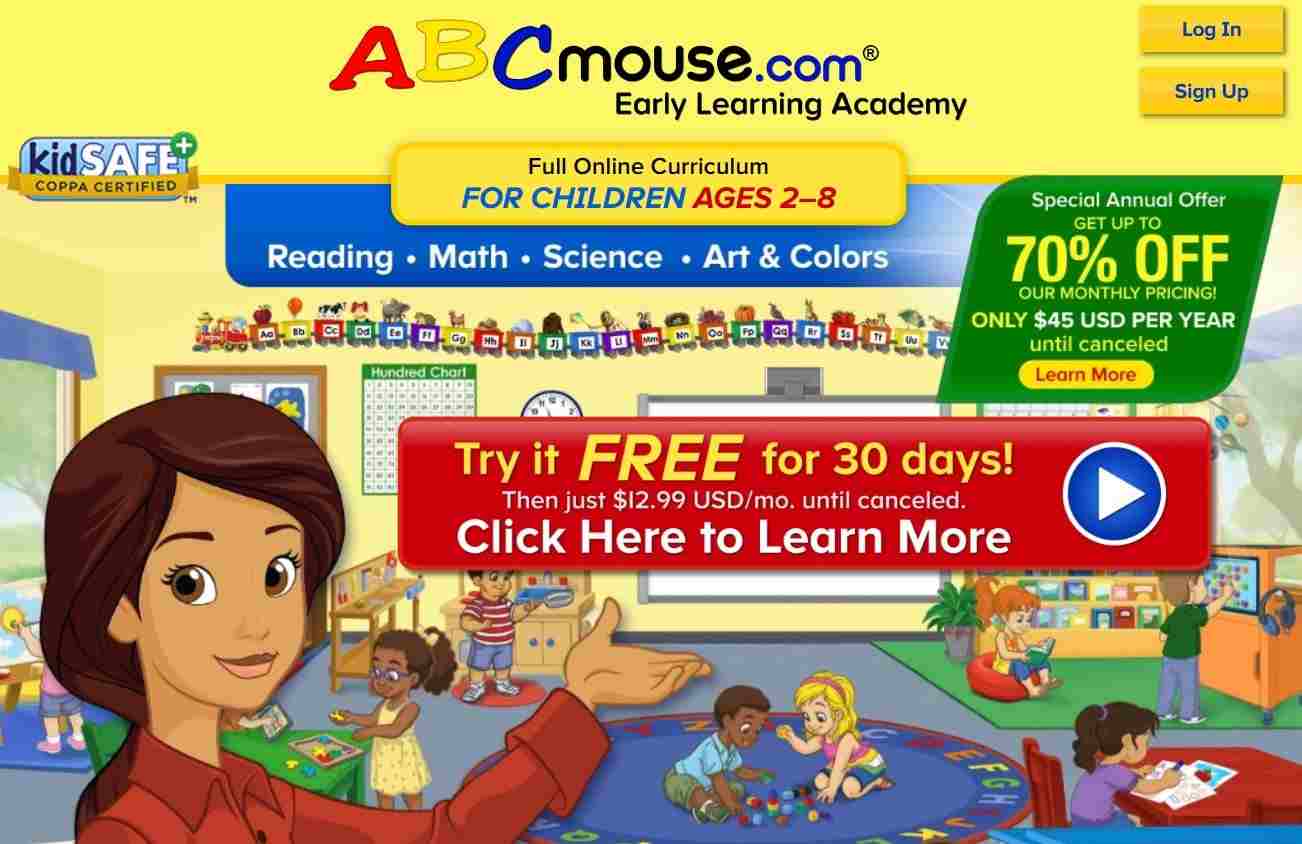Free Learning Websites for Kids: In the age of technology, the internet has become a vast ocean of information and opportunities. For parents and educators, navigating this digital landscape to find reliable and engaging educational resources for children can be a daunting task. Fortunately, there are numerous free learning websites for kids designed to make the journey of acquiring knowledge a joyful and enriching experience for kids. In this article, we will explore a variety of platforms that cover a spectrum of subjects, from the fundamentals of reading and math to science, arts, and beyond.
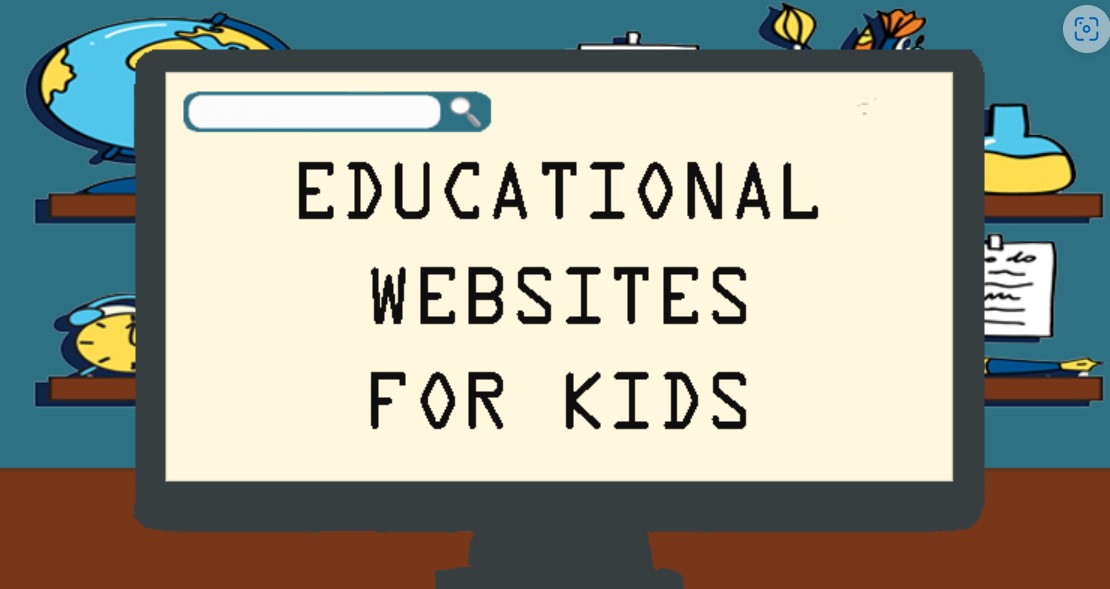
There are several free learning websites for kids that offer educational content in various subjects. Here are some popular ones:
Also read: How To Change Minecraft Username Free
ABCmouse:
Abcmouse is one of the best Free Learning Websites for Kids. One of the standout platforms in the realm of online education for kids is ABCmouse. Aimed at children between the ages of 2 and 8, ABCmouse provides a comprehensive curriculum that spans essential subjects such as reading, math, science, and art.The platform’s interactive and game-based approach captivates young minds, making learning an enjoyable adventure.
With a carefully crafted progression of lessons, ABCmouse ensures that children build a solid foundation in various academic areas, setting them up for success in their educational journey.
- Also Read Fix Firestick Remote Not Working
Seussville (seussville.com):
Seussville.com is an interactive and educational website designed for children, inspired by the whimsical and imaginative world of Dr. Seuss. Dr. Seuss. The primary audience for Seussville is children, particularly those in the early elementary school years. The content is designed to engage young readers and promote literacy in a playful and entertaining manner.
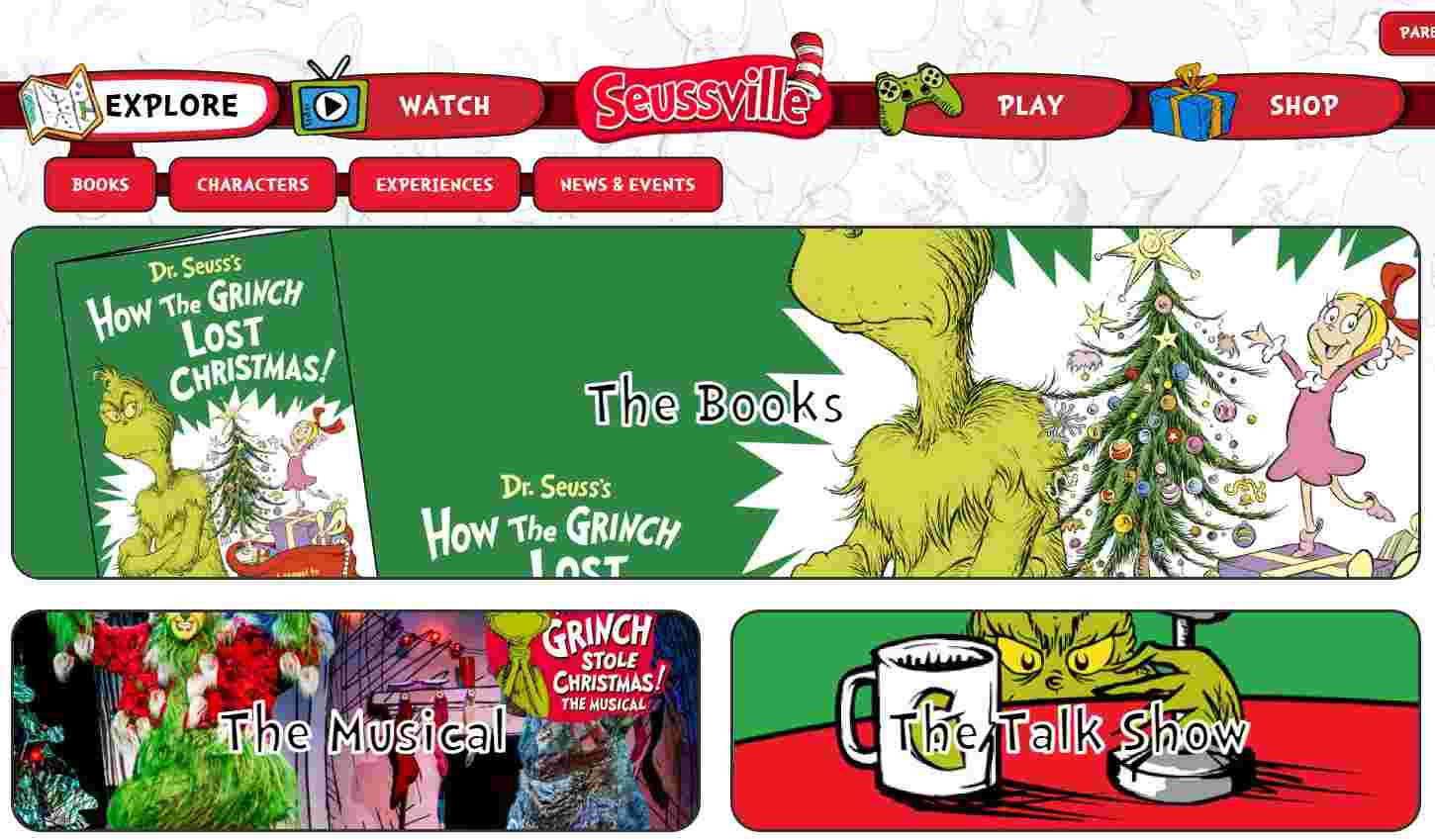
The website features a variety of games, activities, and resources related to Dr. Seuss’s books. Children can explore interactive environments inspired by Seuss’s famous characters and stories. The activities often focus on building literacy skills, such as reading comprehension and word recognition, in a fun and engaging way. Seussville offers a range of online games and activities that incorporate characters like the Cat in the Hat, Horton the Elephant, the Grinch, and many others. These activities are designed to be both entertaining and educational, with a focus on fostering a love for reading.
The Free Learning Websites for Kids provides printable resources, including coloring pages and worksheets, allowing children to continue the learning experience offline. Seussville includes sections for parents and educators, offering additional resources and tips for using Dr. Seuss’s books to promote literacy and learning. Seussville may have links to an online store where visitors can purchase Dr. Seuss books, merchandise, and other related products.
Scratch (scratch.mit.edu):
Scratch is a visual programming language and online community developed by the Lifelong Kindergarten Group at the MIT Media Lab. It allows users, primarily children and beginners, to create interactive stories, games, and animations by programming with building blocks of code.
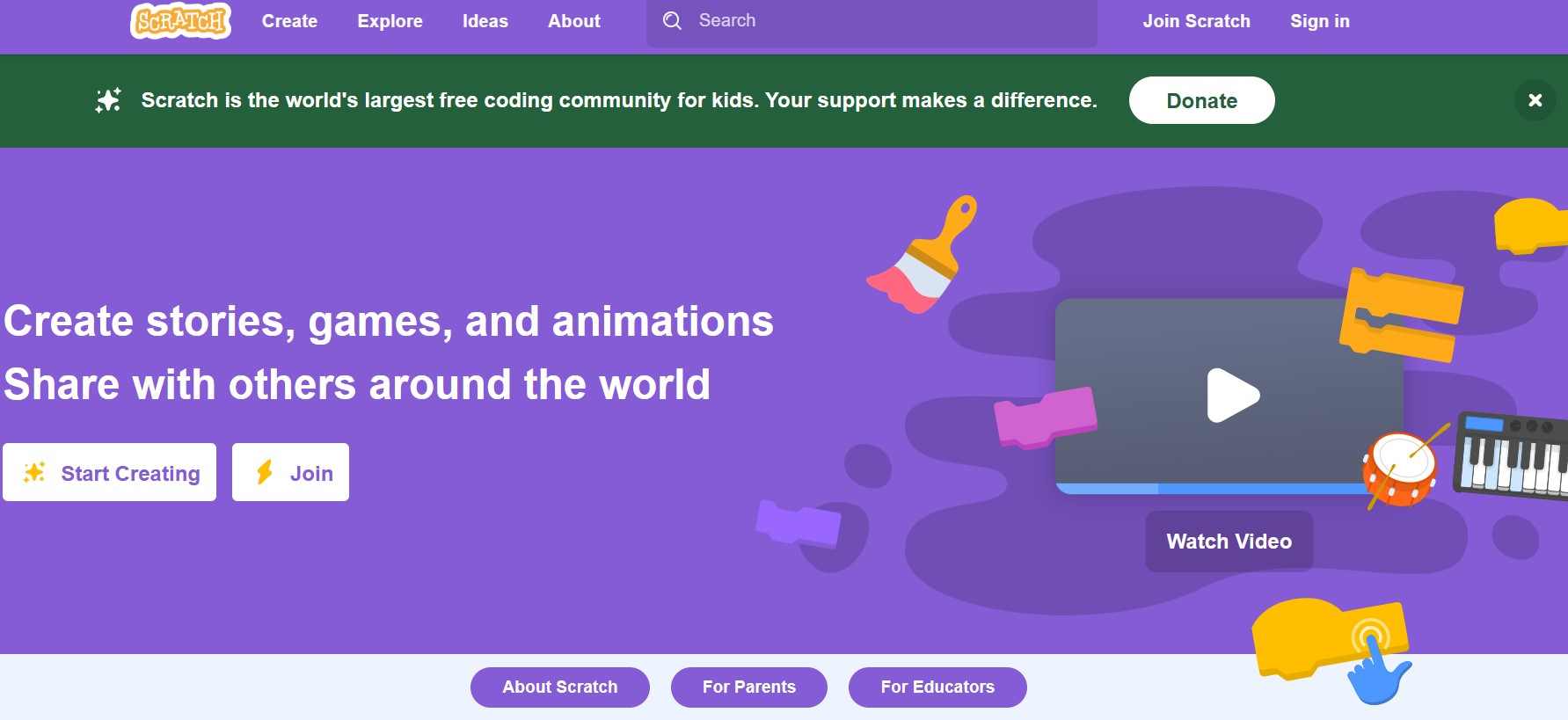
Scratch uses a block-based interface, where users drag and drop code blocks representing different programming commands. This visual approach makes it accessible to users with little or no coding experience. Scratch is designed to encourage creativity and problem-solving. Users can create a wide variety of projects, including interactive stories, games, animations, and simulations. The programming blocks in Scratch represent different commands and functions. Users can combine these blocks to create scripts that control the behavior of characters and objects in their projects.
Scratch supports the integration of sound and music into projects. Users can add pre-recorded sounds or create their own using the built-in sound editor. Scratch is free to use, and it runs entirely in a web browser. Users do not need to download or install any software to get started. This makes it easily accessible to a broad audience. In addition to the main Scratch platform, there’s also Scratch Jr., a simplified version designed for younger children (ages 5-7). Scratch Jr. is available as a mobile app for tablets.
Code.org (code.org):
Code offers free coding lessons and activities for kids of all ages. It’s a fantastic resource for introducing children to computer science. The primary mission of Code.org is to make computer science accessible to all students, regardless of background or demographics. The organization aims to ensure that every student has the opportunity to learn computer science and to promote diversity and inclusion in the field.

Code provides a comprehensive online learning platform that offers a variety of courses and coding activities for students of all ages, from kindergarten to high school. The courses cover topics ranging from the basics of coding to more advanced computer science concepts. Code.org provides resources and support for educators, including professional development opportunities, lesson plans, and tools to facilitate the teaching of computer science in the classroom.
Code.org has resources and courses that enable students to create their own mobile apps, providing a more advanced level of learning for those interested in app development. Code.org has a global reach, with materials available in multiple languages, and it actively seeks to promote computer science education on a worldwide scale.
Duolingo (duolingo.com):
Duolingo offers free language learning courses for kids (and adults). It’s a fun way for kids to learn a new language. Duolingo is a popular language-learning platform that offers free online courses in a variety of languages. It is designed to be accessible and engaging, making language learning a fun and interactive experience. Duolingo provides language courses for a wide range of languages, including popular ones like Spanish, French, German, Italian, Chinese, Japanese, and many more. The selection of languages continues to expand.
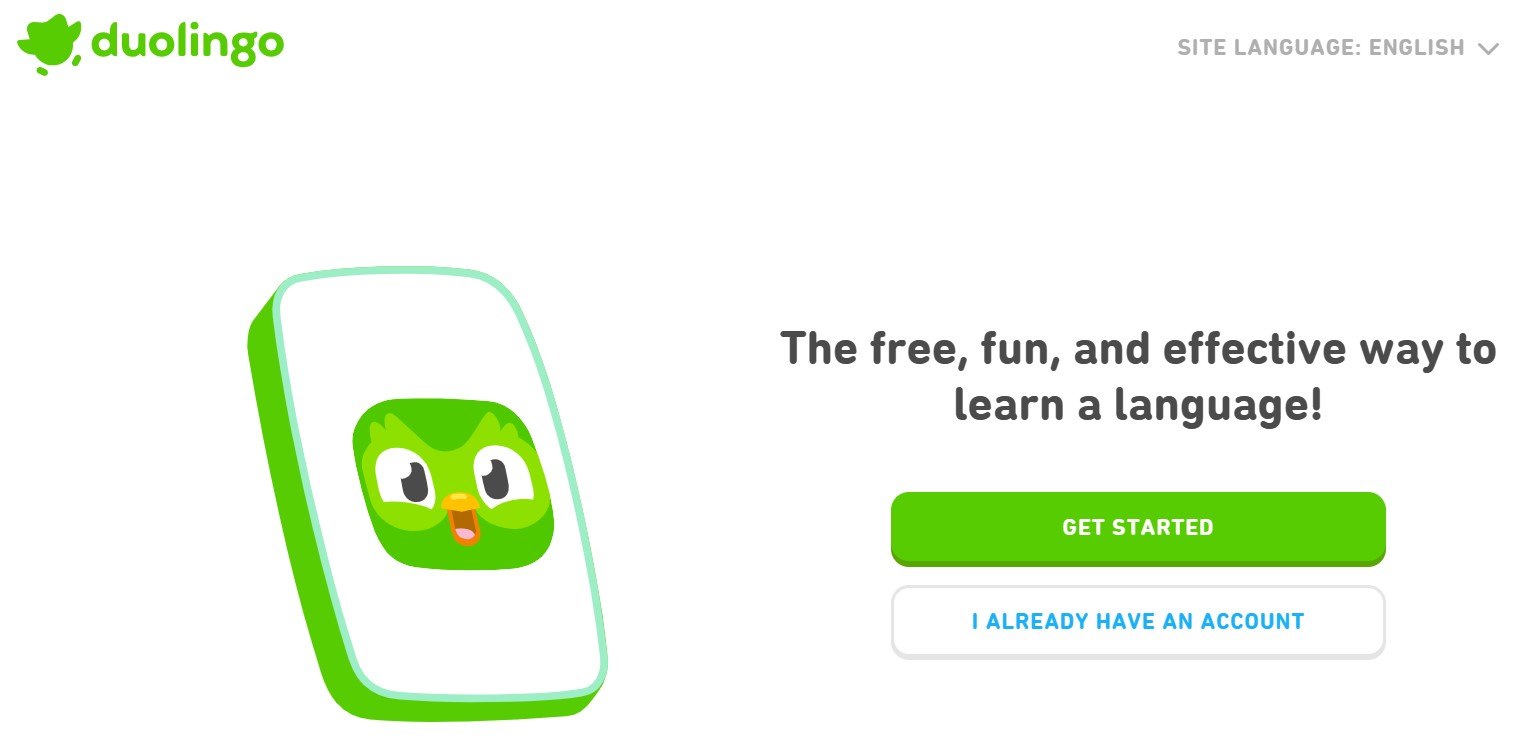
Khan Academy Kids:
Khan Academy Kids is a trailblazer in the world of free online education. The platform, designed for children in their early years, offers a diverse range of activities and lessons covering subjects like math, reading, and social-emotional development. What sets Khan Academy Kids apart is its commitment to personalization.
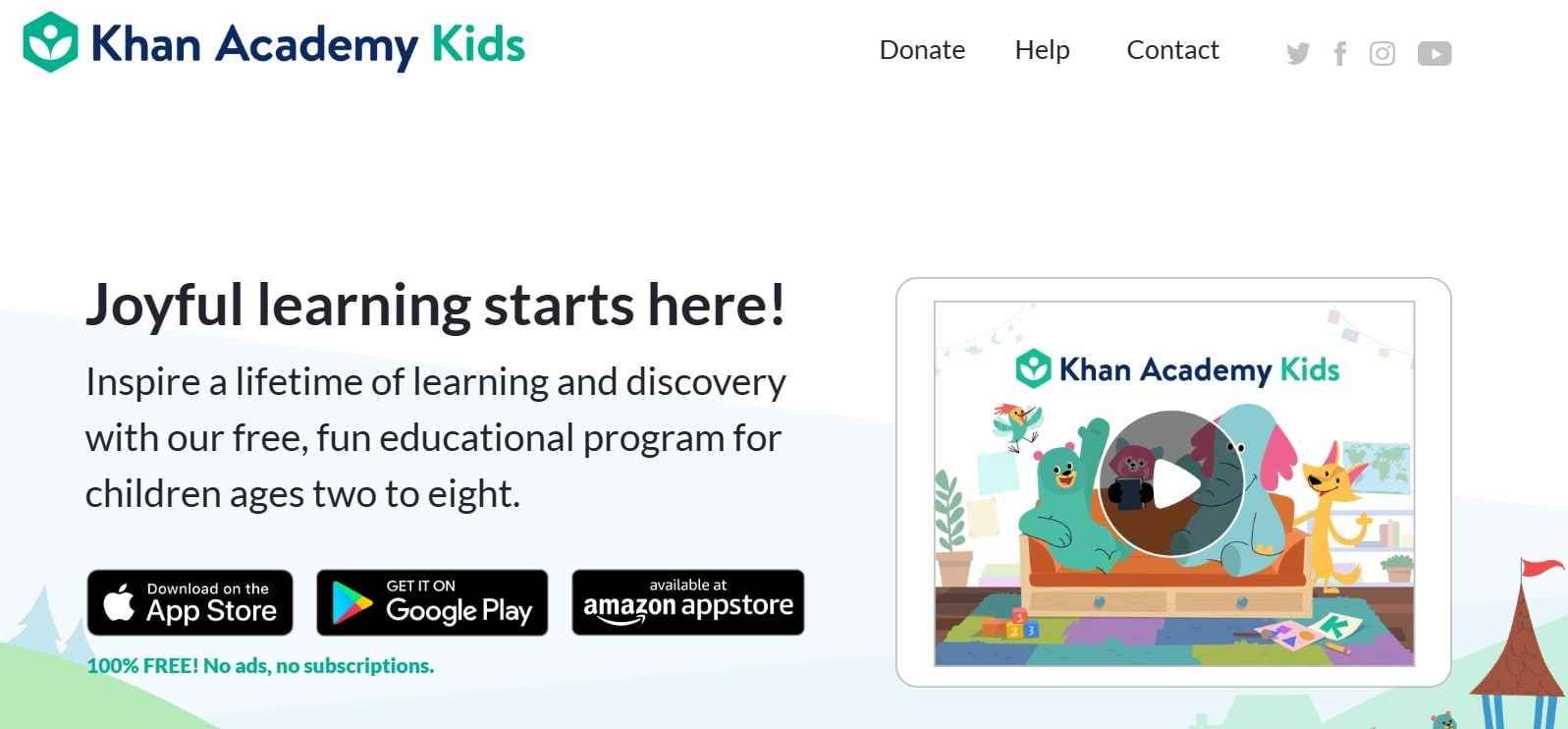
The platform adapts to the child’s pace, providing a tailored learning experience that caters to individual needs. With engaging characters and a wealth of interactive content, Khan Academy Kids fosters a love for learning from an early age.
PBS Kids:
PBS Kids, an extension of the Public Broadcasting Service, brings educational content inspired by beloved children’s shows to the digital realm. With a plethora of games, videos, and activities, PBS Kids covers a wide array of subjects, ensuring that learning is not only informative but also entertaining.
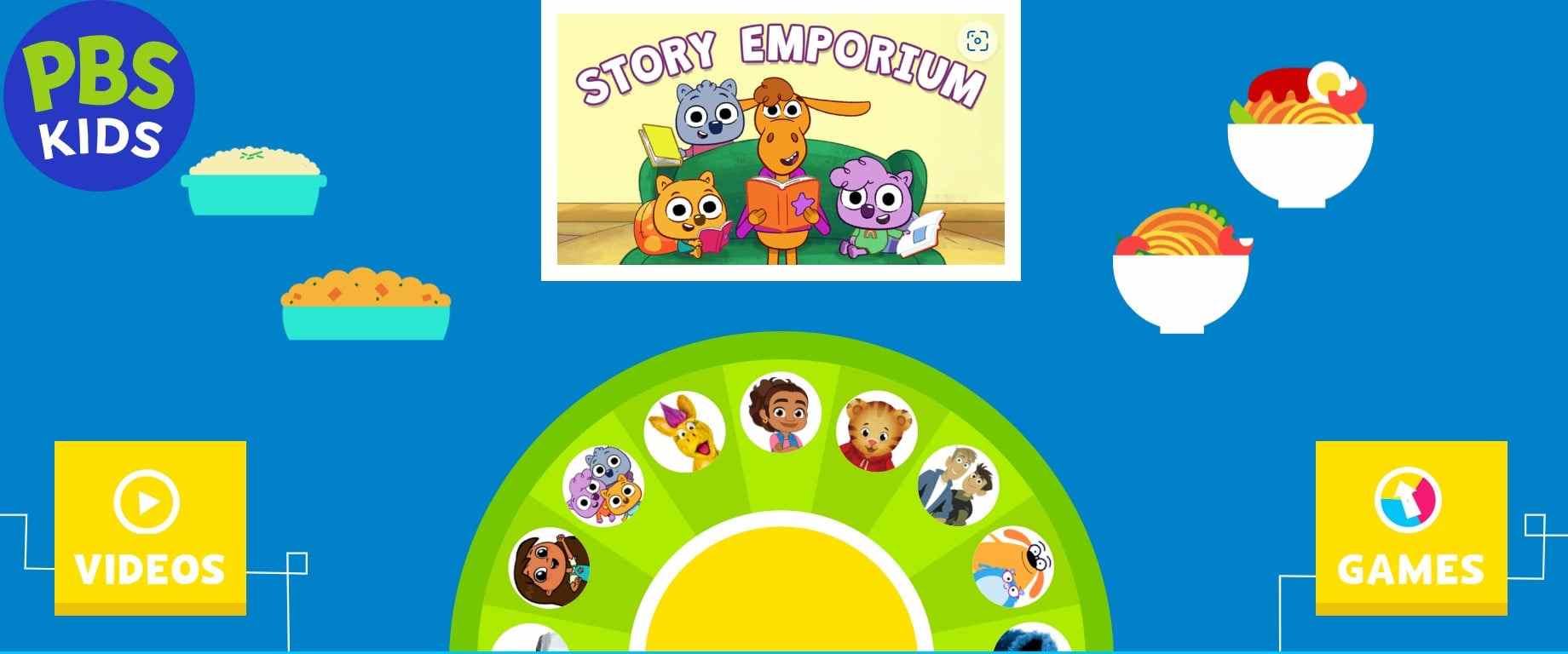
From math and science to literacy, PBS Kids provides a well-rounded learning experience. The familiarity of characters from shows like “Sesame Street” and “Arthur” adds a comforting touch, making the educational journey both enjoyable and memorable.
Starfall:
Starfall focuses on the critical foundation of literacy, making it an excellent resource for children in pre-K through third grade. Through interactive activities and games, Starfall engages young learners in the world of reading and language arts.
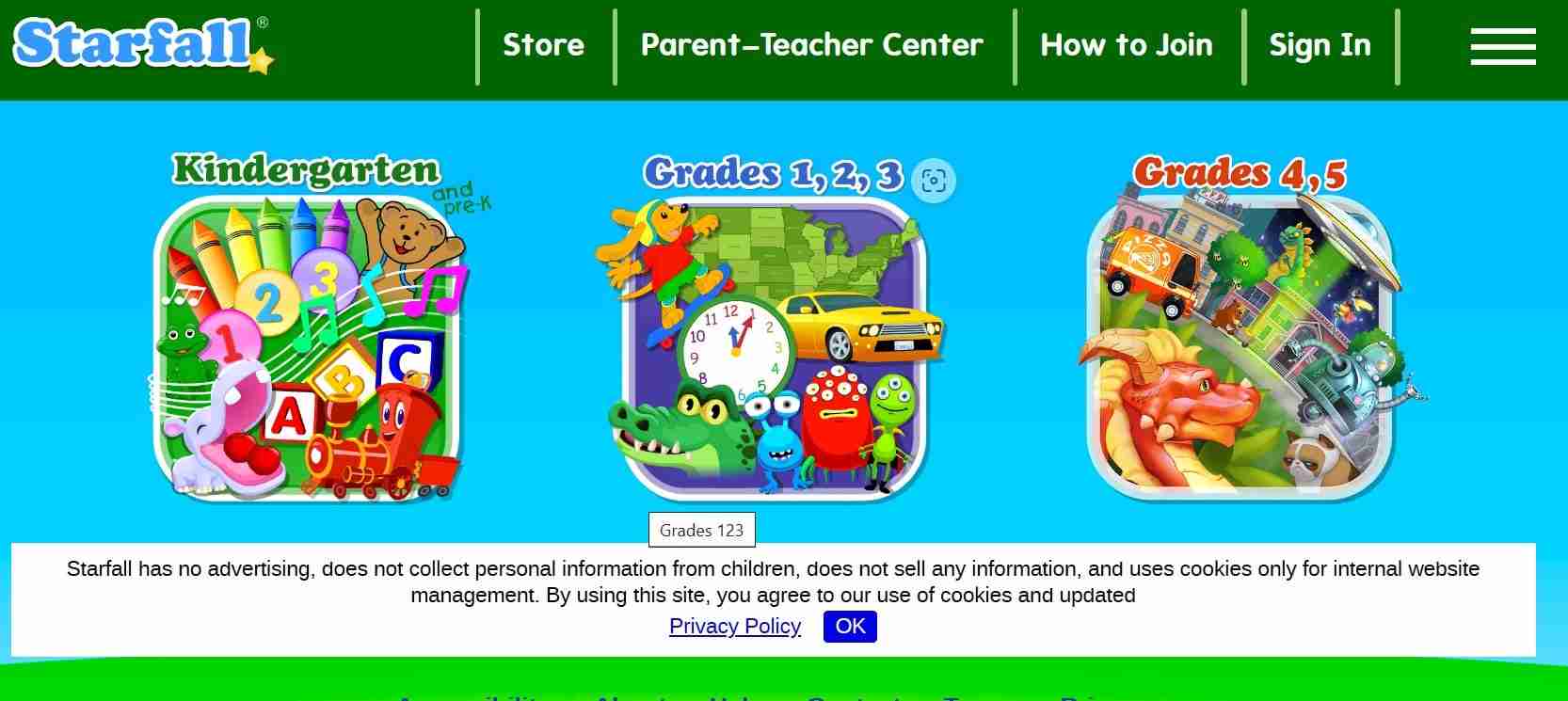
The platform’s systematic approach helps children develop essential reading skills at their own pace. With a colorful and user-friendly interface, Starfall creates an inviting space for children to explore the magic of words, setting the stage for a lifelong love of reading.
National Geographic Kids:
For the young adventurer and explorer, National Geographic Kids opens the door to a world of knowledge about science, geography, and animals. The platform offers a variety of educational games, videos, and articles that cater to children’s curiosity about the world around them.
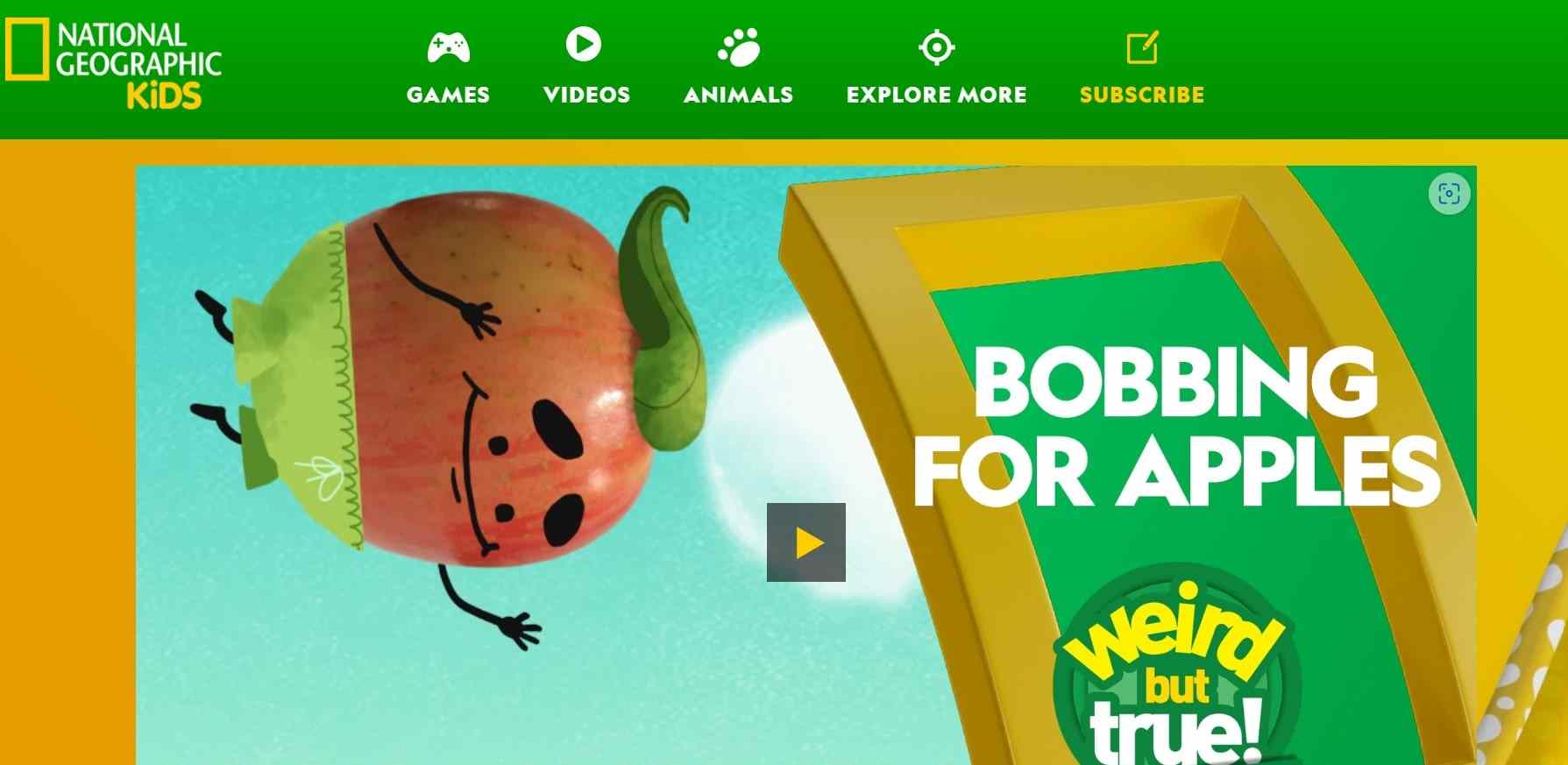
National Geographic Kids not only provides facts but also encourages critical thinking and a deeper understanding of the natural world. With stunning visuals and captivating content, this platform sparks an early interest in science and fosters a sense of wonder.
Funbrain:
Funbrain is a dynamic learning platform that covers a range of subjects for children in grades K-8. Through educational games, videos, and books, Funbrain turns the often-dreaded subjects of math and reading into enjoyable and interactive experiences.
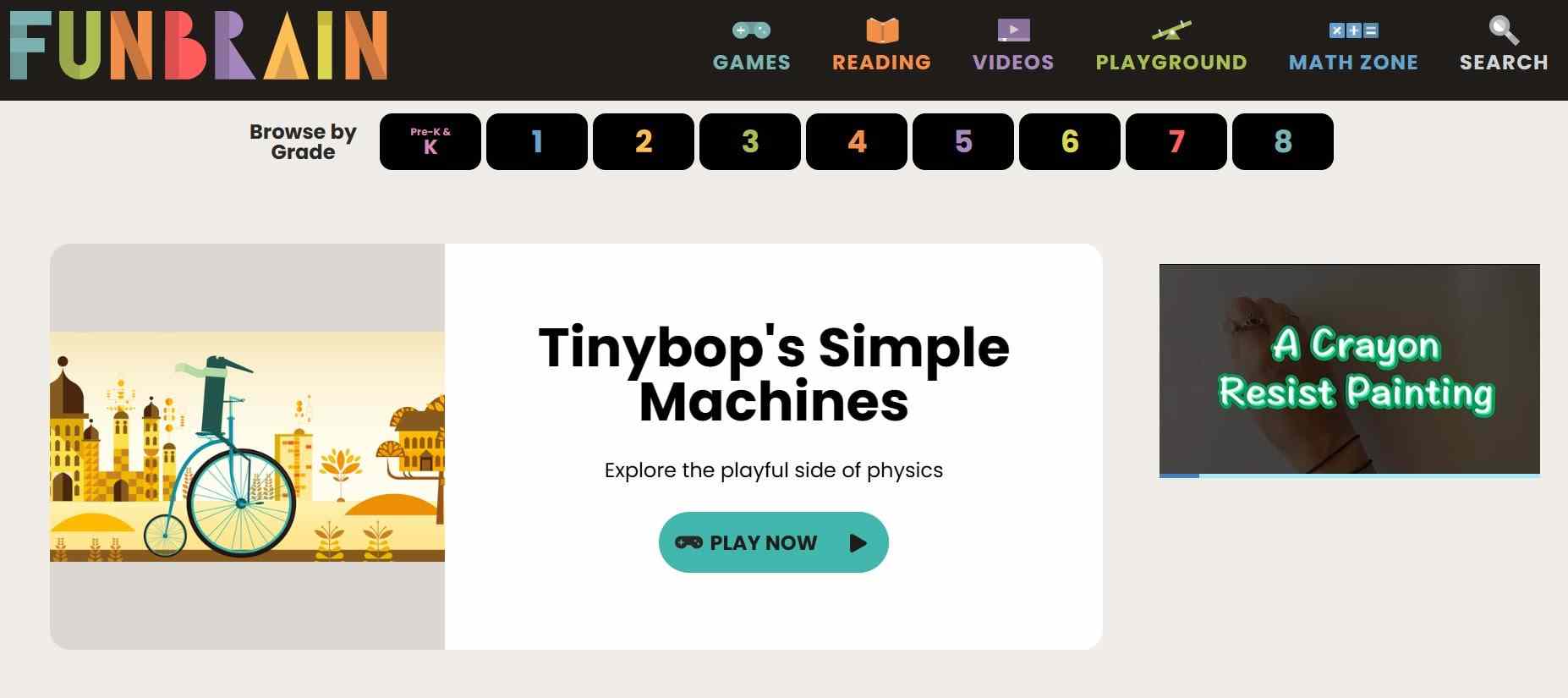
The platform’s approach is to seamlessly integrate learning into play, making it an ideal resource for parents and teachers looking to supplement traditional education with engaging digital content. Funbrain ensures that children develop essential skills while having fun, proving that learning can indeed be an exciting journey.
Coolmath4Kids:
Coolmath4Kids is a website dedicated to making math cool for children. Targeting elementary school students, the platform employs games and interactive activities to teach math concepts in an engaging way.
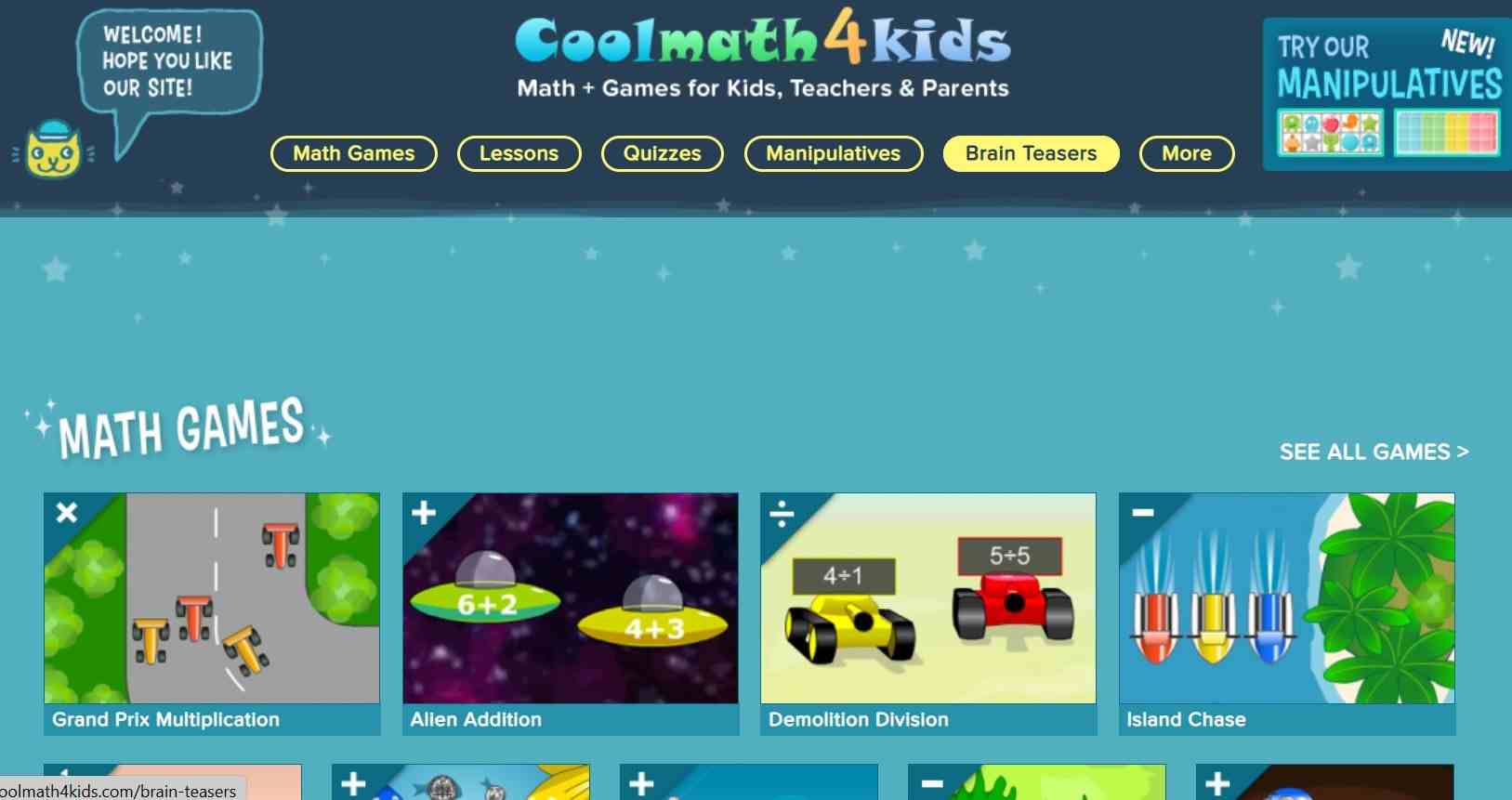
By transforming abstract mathematical ideas into colorful and entertaining challenges, Coolmath4Kids helps demystify the subject and build a positive attitude toward math. The platform’s user-friendly design and variety of games make it an accessible and enjoyable resource for young learners to sharpen their math skills.
NASA Kids’ Club:
For the budding astronomers and space enthusiasts, NASA Kids’ Club offers a celestial journey of learning. With games, videos, and activities inspired by the wonders of space and science, this platform introduces children to the marvels of our universe.
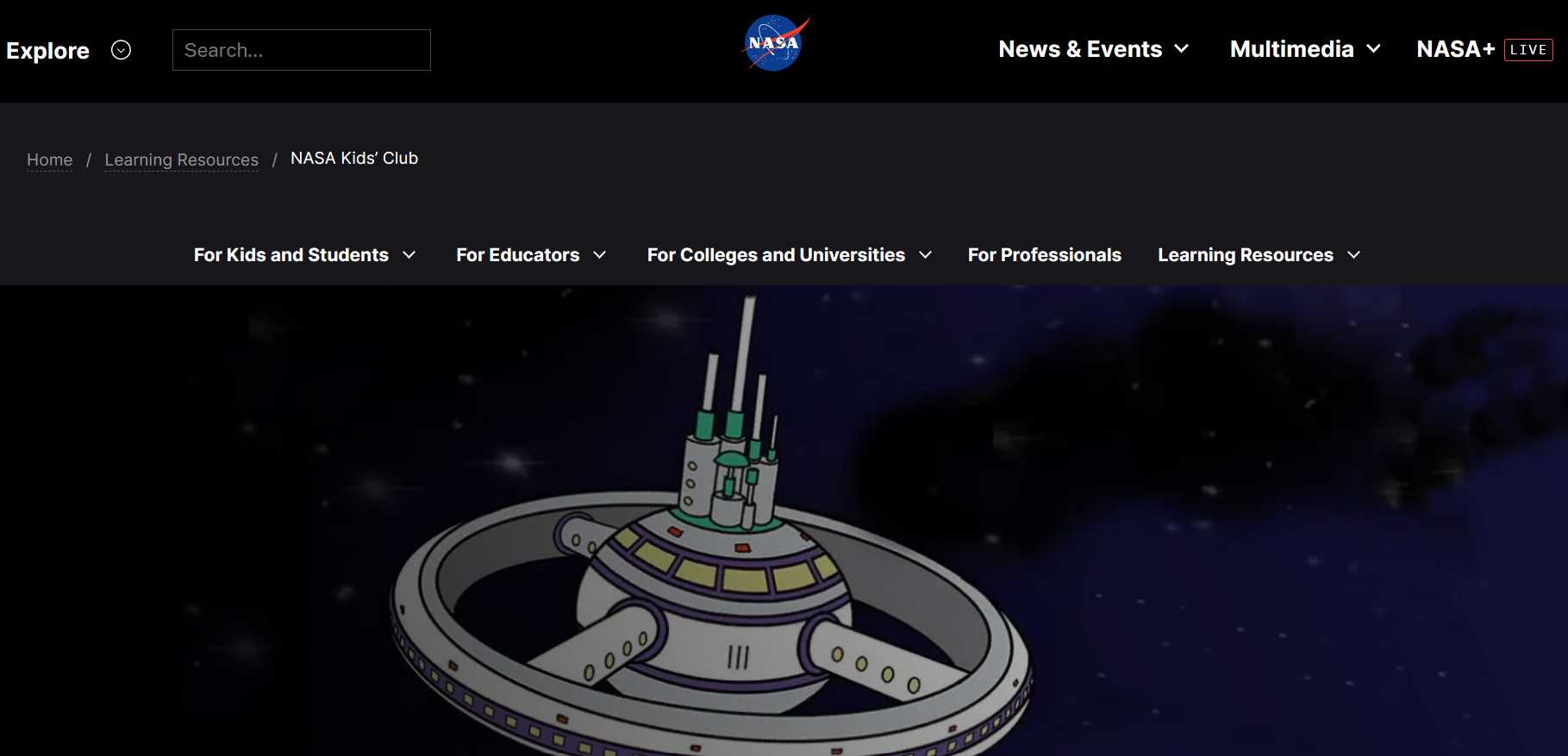
NASA Kids’ Club not only educates but also inspires the next generation of scientists and explorers. By combining education with the excitement of space exploration, this platform encourages children to reach for the stars and discover the limitless possibilities of the cosmos.
Storyline Online:
Storyline Online brings the magic of storytelling to the digital realm by featuring videos of celebrities reading children’s books aloud. This platform not only promotes literacy but also nurtures a love for stories and books.
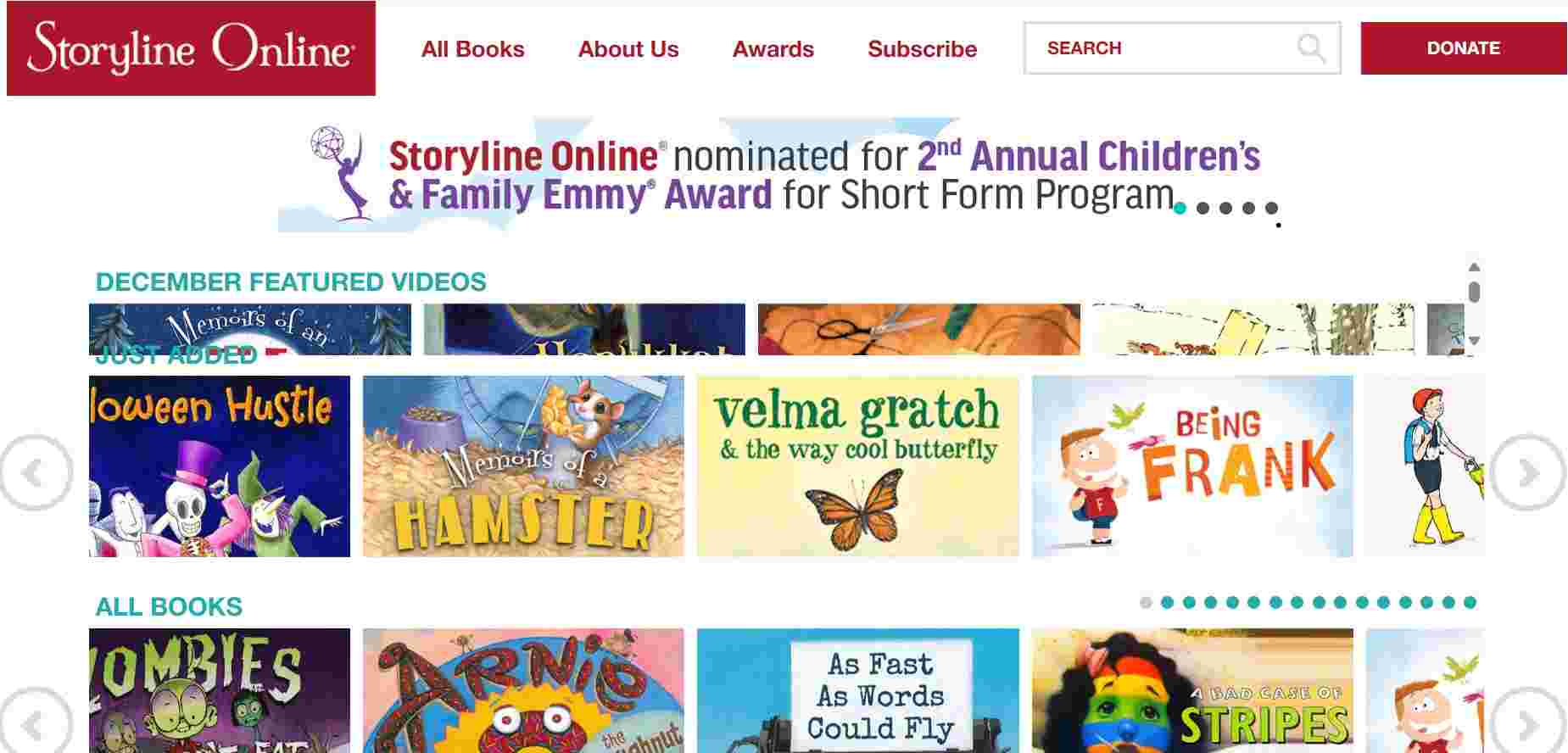
The enchanting experience of hearing a favorite actor or actress bring characters to life adds a new dimension to the joy of reading. Storyline Online is a valuable resource for parents and educators aiming to instill a passion for literature in young minds, fostering creativity and imagination along the way.
Scholastic Learn at Home:
Scholastic Learn at Home provides a structured approach to at-home learning with day-by-day projects designed to keep kids reading, thinking, and growing. Covering a variety of subjects, this platform offers a well-rounded curriculum that aligns with educational standards.
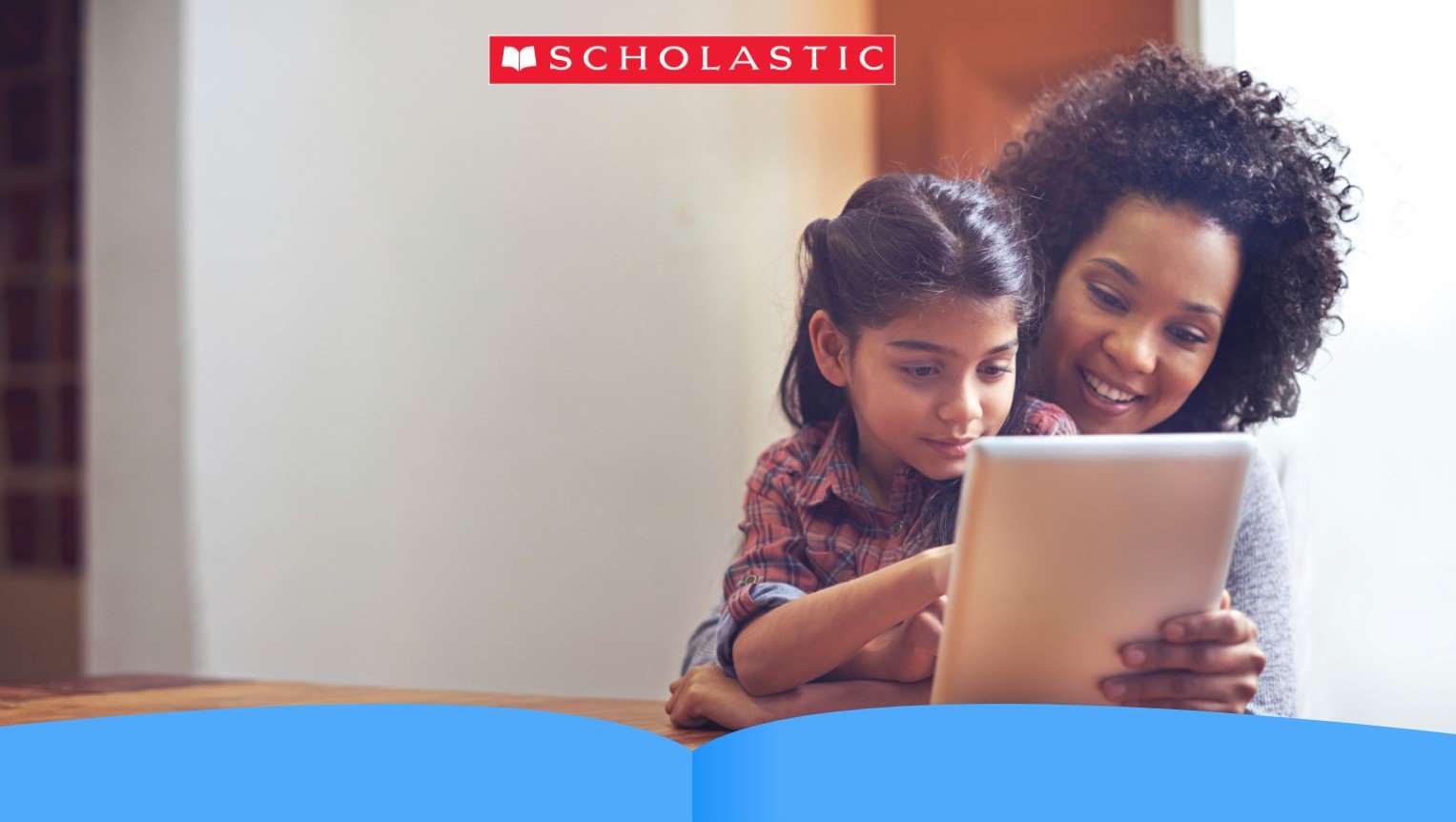
Scholastic’s reputable educational resources, combined with a user-friendly interface, make it a go-to platform for parents and educators seeking a comprehensive and organized approach to remote learning.
FAQ:
Here’s a frequently asked questions (FAQ) section about free learning websites for kids:
1. What are free learning websites for kids?
Free learning websites for kids are online platforms that offer educational content and interactive activities designed specifically for children. These websites cover various subjects, including math, science, language arts, and more, to support children’s academic development in a fun and engaging way.
2. Are these websites suitable for all age groups?
Yes, many free learning websites cater to a wide range of age groups, from preschoolers to high school students. They often have age-appropriate content and activities to ensure that children receive education tailored to their developmental stage.
3. What subjects do these websites cover?
Free learning websites for kids typically cover a broad range of subjects, including mathematics, language arts, science, social studies, and more. Some websites also provide interactive games and activities that promote critical thinking and problem-solving skills.
4. Are the lessons on these websites aligned with educational standards?
Many free learning websites align their content with educational standards to ensure that the material is relevant to school curricula. This helps parents and teachers supplement classroom learning and support educational goals.
5. Do these websites require any payment or subscription?
The majority of free learning websites for kids offer basic content and activities for free. However, some may have premium features or subscription options for additional content. It’s essential to explore each website’s pricing model to understand what is available for free and what requires payment.
6. Can parents track their child’s progress on these websites?
Some free learning websites provide features that allow parents to track their child’s progress. This may include performance reports, quiz scores, and completion badges. Parents can use these tools to monitor their child’s learning journey and identify areas that may need additional attention.
7. Are these websites safe for children to use?
Reputable free learning websites prioritize the safety and privacy of children. They often implement measures such as age-appropriate content filters, secure login processes, and strict privacy policies. It’s advisable for parents to review the safety features of each website and supervise their child’s online activities.
8. How can parents incorporate these websites into their child’s learning routine?
Parents can integrate free learning websites into their child’s routine by establishing a dedicated time for online learning. They can explore the available content, select activities that align with their child’s academic needs, and use the progress tracking features to monitor learning outcomes. It’s important to strike a balance between screen time and other offline activities.
9. Are these websites accessible on different devices?
Many free learning websites are designed to be accessible on various devices, including computers, tablets, and smartphones. This flexibility allows children to engage in learning activities on different platforms, making it convenient for both home and on-the-go learning.
10. Can teachers use these websites in the classroom?
Yes, many free learning websites offer resources and tools specifically designed for classroom use. Teachers can incorporate these websites into lesson plans to reinforce concepts, provide additional practice, and make learning more interactive and engaging for students.
Conclusion:
In the digital age, the wealth of free learning websites for kids empowers parents, educators, and, most importantly, the children themselves. These platforms not only supplement traditional education but also foster a love for learning that goes beyond the confines of a classroom. Whether it’s exploring the wonders of space, diving into the realms of math and reading, or embarking on literary adventures with beloved characters, these free learning websites provide a diverse range of opportunities for children to discover, learn, and grow.
As we navigate the evolving landscape of education, these platforms serve as beacons of innovation, demonstrating that learning can be both enriching and enjoyable. By harnessing the power of technology and combining it with thoughtful educational design, these free learning websites for kids contribute to shaping a generation that is curious, informed, and ready to face the challenges of tomorrow. So, let the journey of exploration and discovery begin, as we unlock the doors to a world of knowledge for the leaders and innovators of the future.

